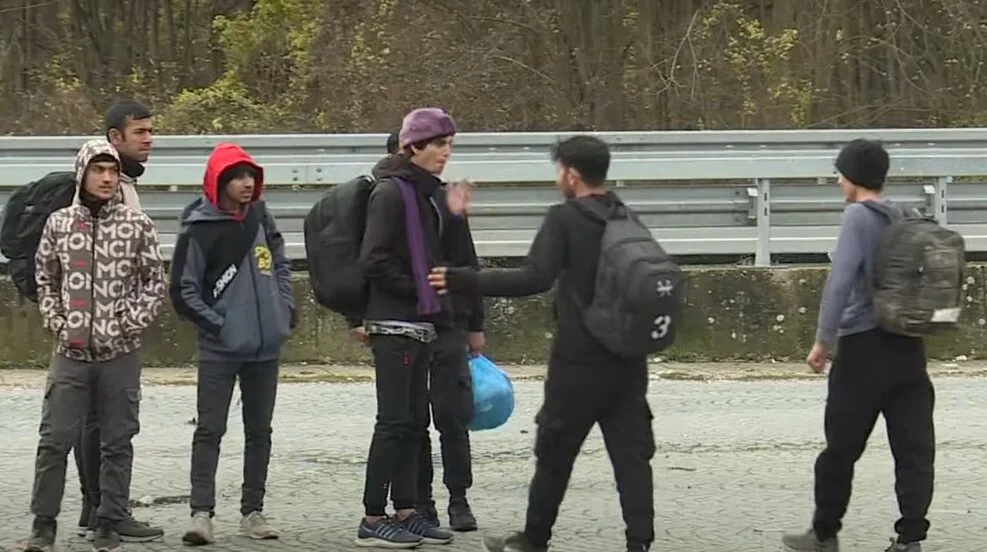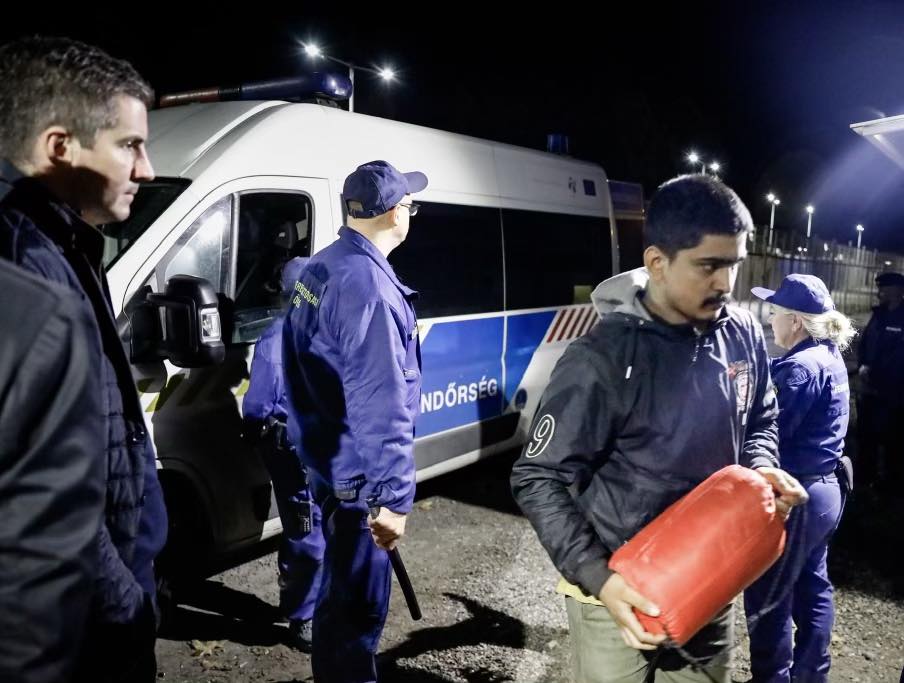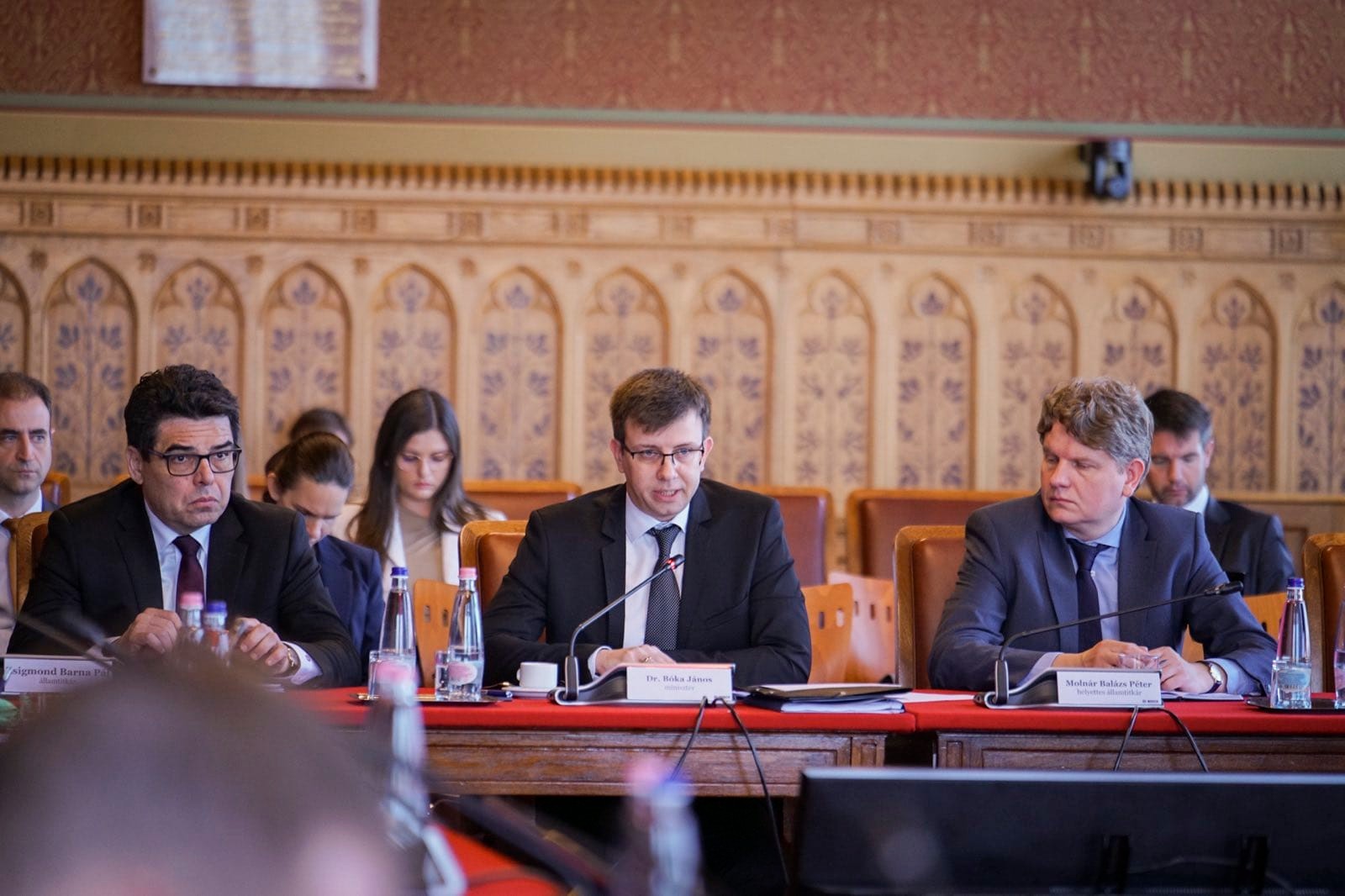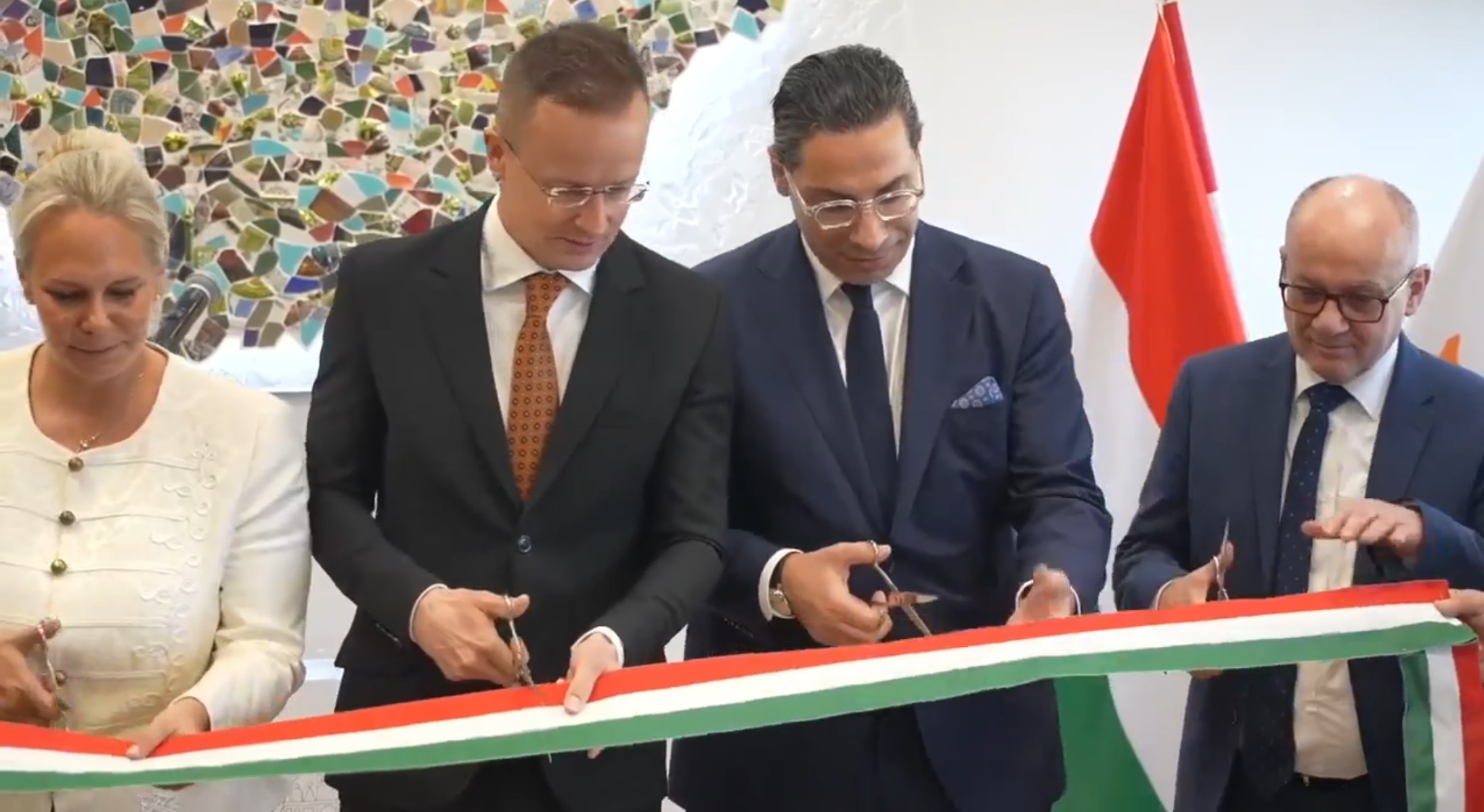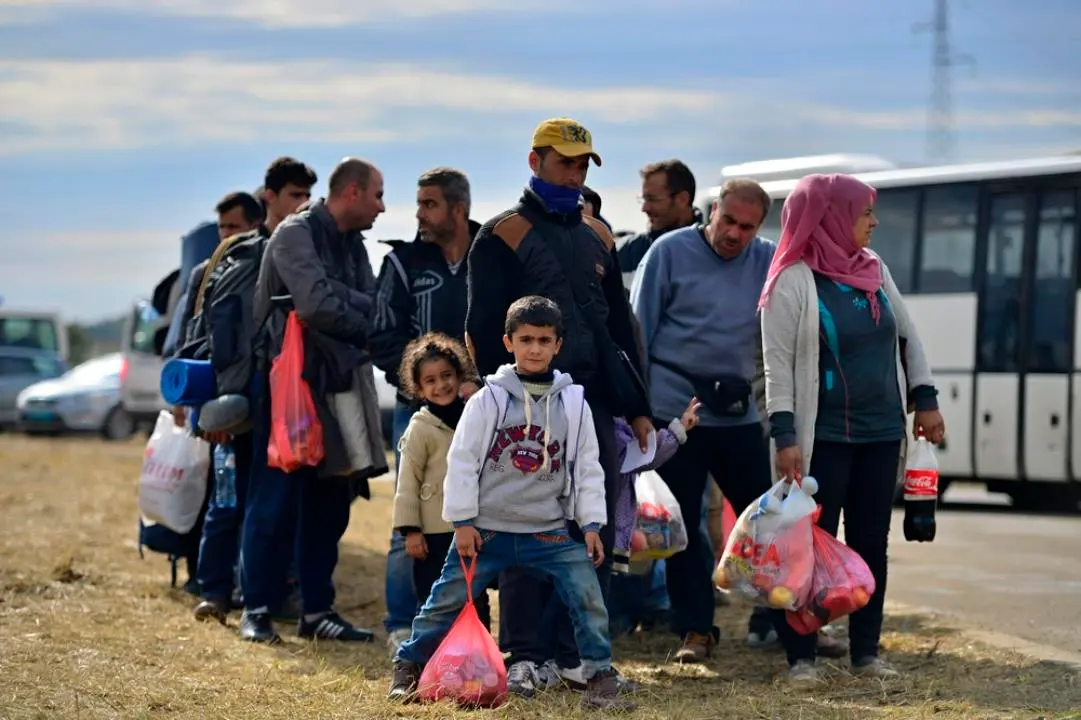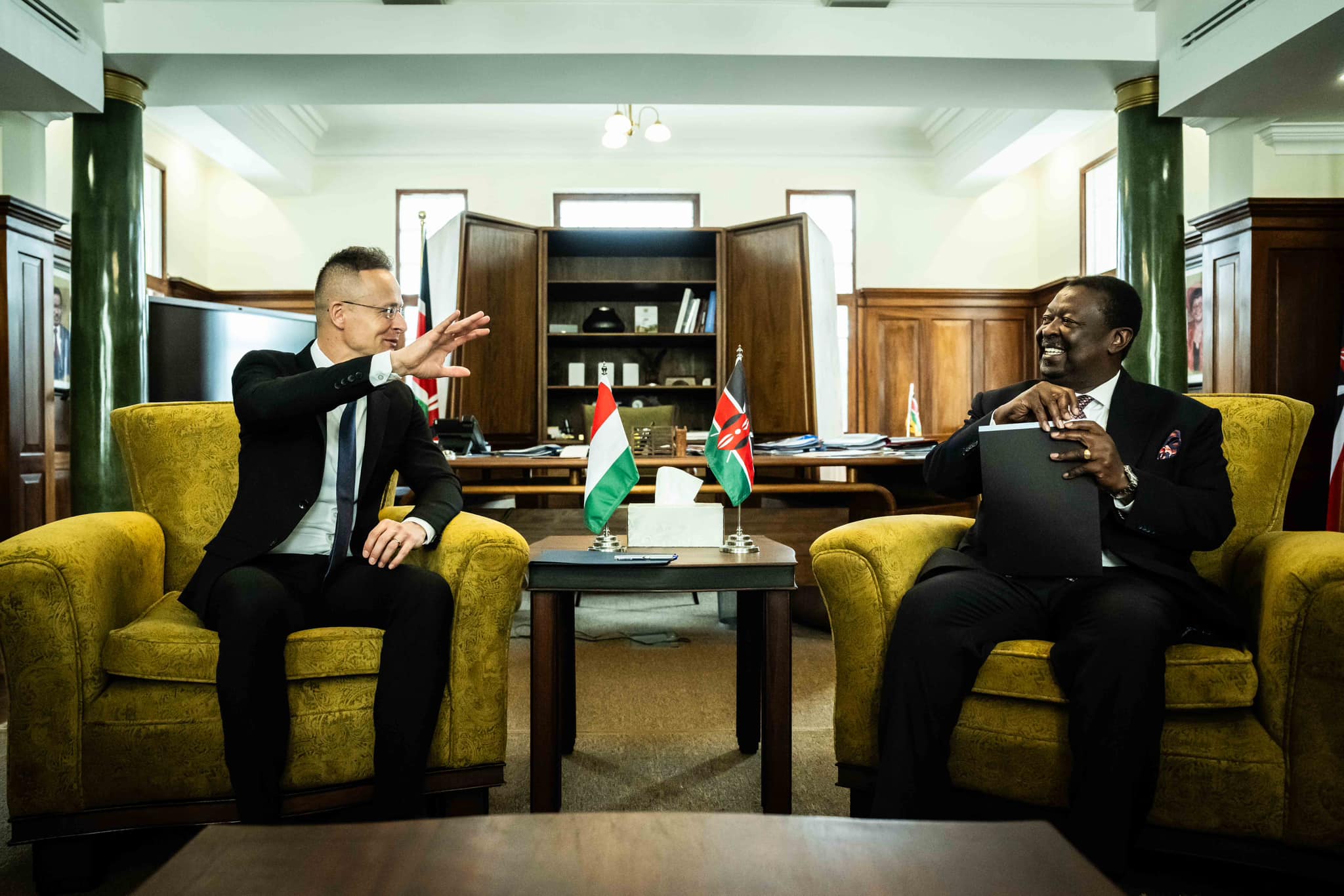Hungarian methods used in the Dominican Republic against illegal migration?
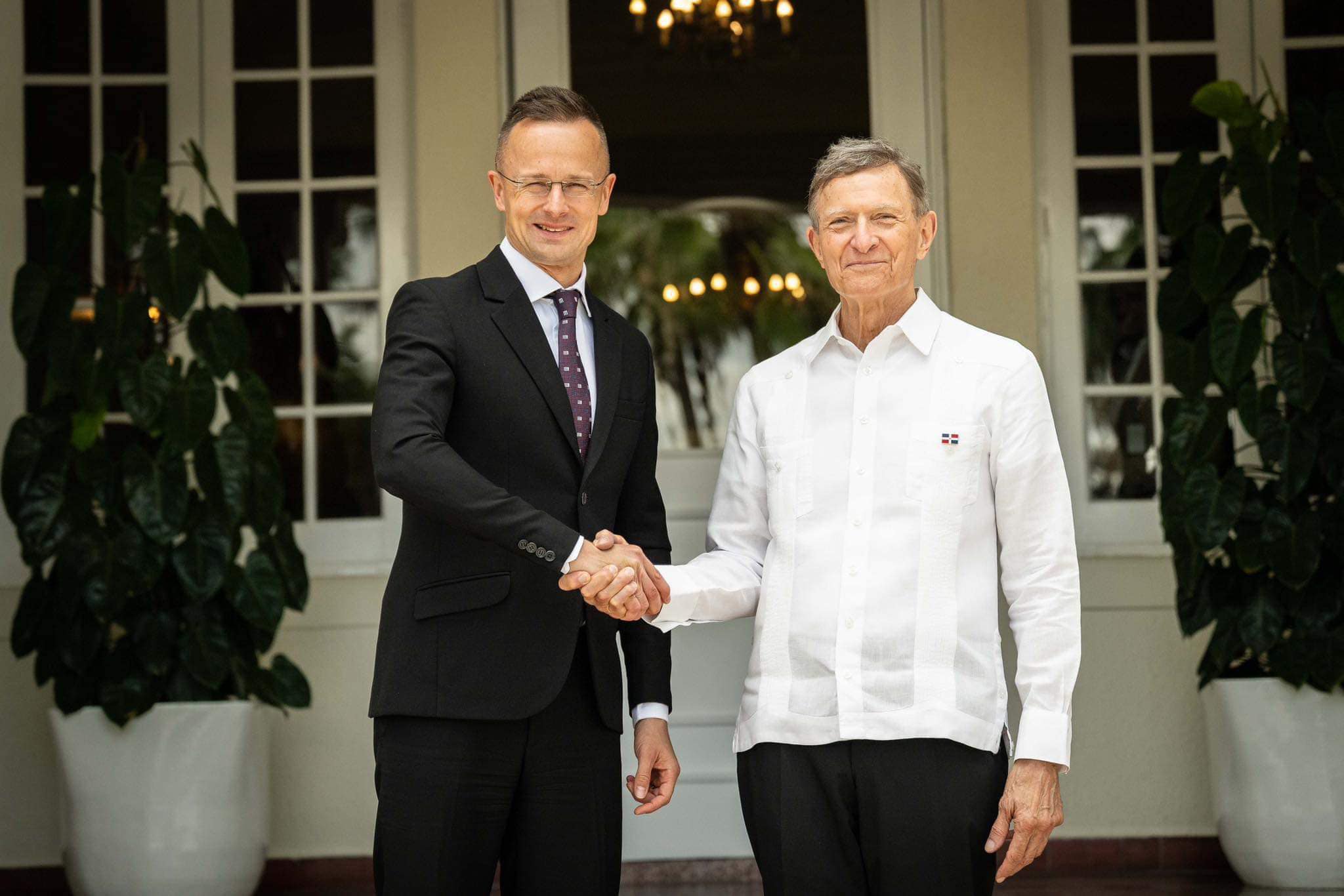
Hungary and the Dominican Republic have formed “an alliance to protect their citizens against the hazards of illegal migration” in the face of “hypocritical international pressure”, the foreign minister said in Santo Domingo on Thursday.
“While the international liberal mainstream says that migration is good and only has beneficial effects … we who directly face the challenges … know that migration poses a danger rather than opportunities, and could seriously impact national security,” the foreign ministry quoted Péter Szijjártó as saying.
Migration poses security risks such as “an increase in the threat of terrorism, spreading organised crime, a proliferation of drug trafficking or, as seen in Western Europe, the emergence of parallel societies,” Szijjártó said, calling for international cooperation on the part of “countries that directly face the dramatic effects of illegal migration”.
“Migration is not a human right … a human right for everybody is that they should be ensured a peaceful and secure life in their own country,” he said.
Dominican Republic building fence
“Nobody can strip Hungary or the Dominican Republic of their sovereign right to determine whom they wish to grant permission to cross their borders,” he said.
Neither Hungary nor the Dominican Republic supported the global migration pact in the United Nations, Szijjártó noted, adding that the Hungarian government built a fence to protect its southern borders, while the Dominican Republic “is building a wall along its border”. “Border violations are considered as attacks on our sovereignty,” Szijjártó said.
“We jointly say that the national interest comes first and everybody must respect our sovereignty; that migration should not be managed but curbed, and anyone trying to force the opposite on us stands against our national interests,” the minister said.
Szijjártó noted that he was the first Hungarian foreign minister to visit the Dominican Republic, and called his visit of “diplomatic historical importance”. “This year we celebrate the 40th anniversary of the establishment of diplomatic ties, so the time has come to elevate our relations to a higher level,” he said.
During the talks, Szijjártó and his Dominican partners signed six agreements.
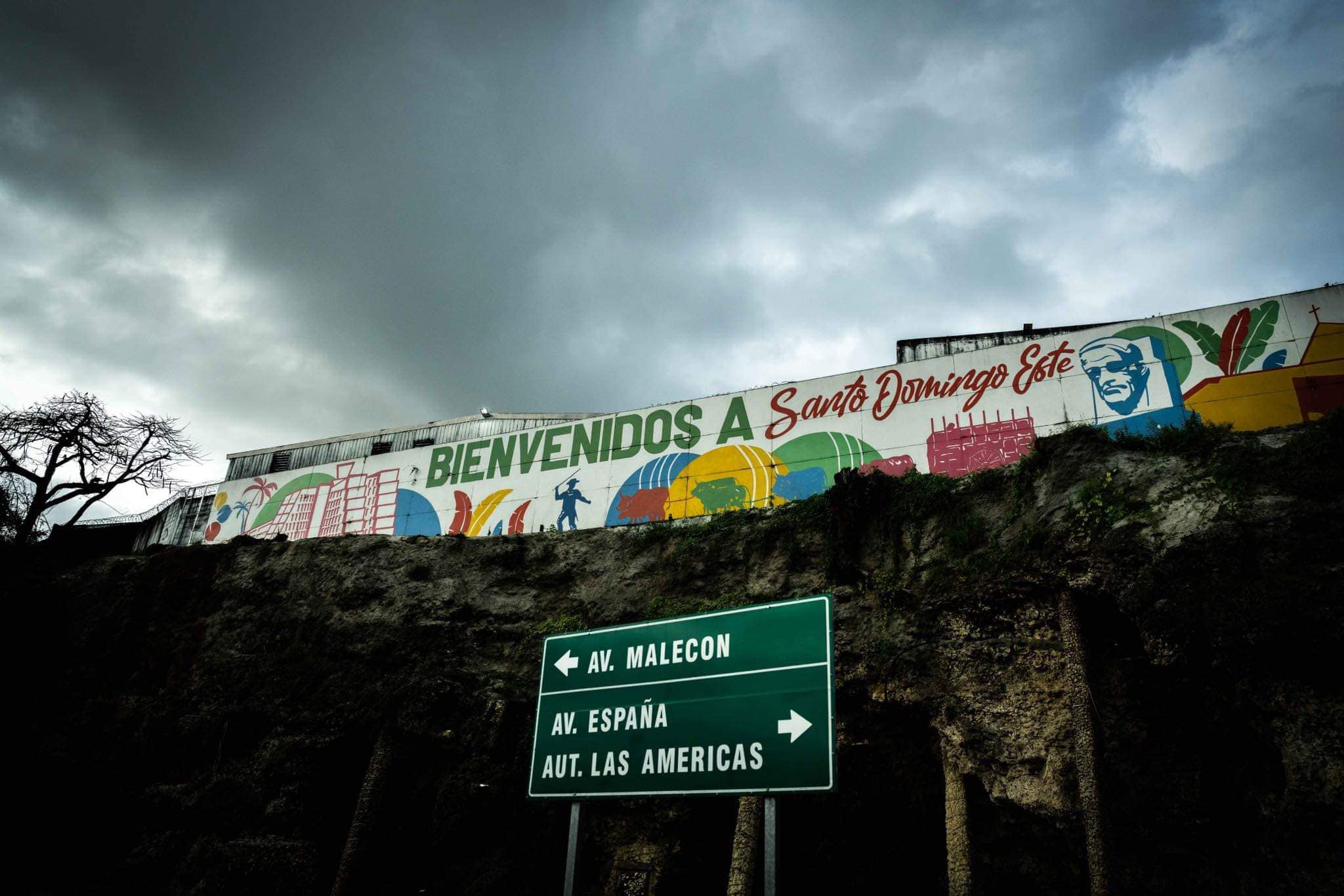
Hungary helps the Dominican Republic
Trade turnover with the Dominican Republic multiplied by 9.5 in the past ten years, which “is an excellent basis to further develop economic cooperation,” he said, adding that one of the new agreements is designed to that end.
The other agreements are aimed at introducing Hungarian water management technologies to the Dominican Republic, setting up a political consultation mechanism, lifting the visa requirement for holders of diplomatic and service passports, joint diplomatic training, as well as offering five university scholarships for Dominican students studying in Hungary, Szijjártó said.

At a joint press conference with counterpart Roberto Alvarez, the Hungarian foreign minister said the world had confronted three serious crises in the last five years, and even though there were 8,000km between the two countries, both faced serious challenges in the form of mass illegal migration.
“I look forward to welcoming the minister in Budapest, and as we have agreed on this today … he will no longer need a visa,” Szijjártó said, adding that diplomats will be trained in Budapest, “and we are also expecting the first Dominican scholarship recipients” who will study in Hungarian universities in September.Hungary and the Dominican Republic have formed “an alliance to protect their citizens against the hazards of illegal migration” in the face of “hypocritical international pressure”, the foreign minister said in Santo Domingo on Thursday.
Read also:



